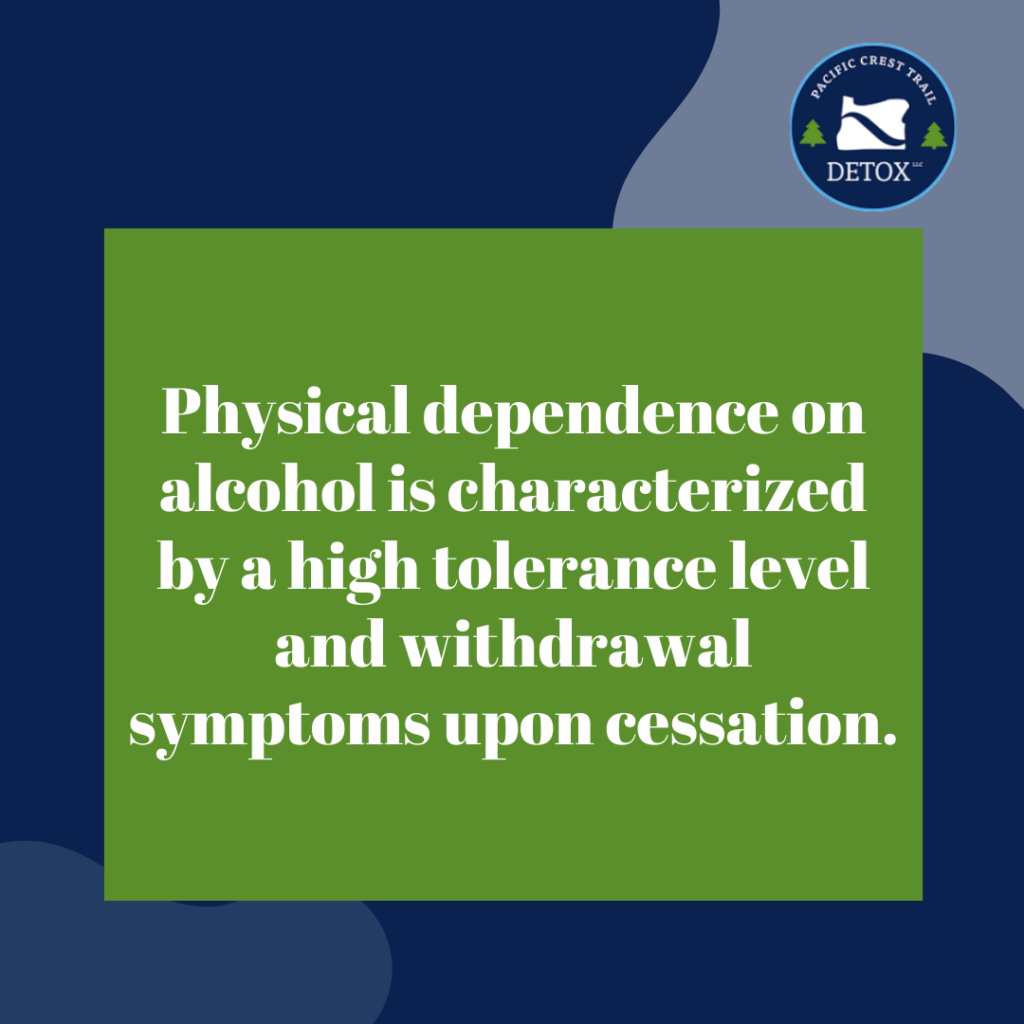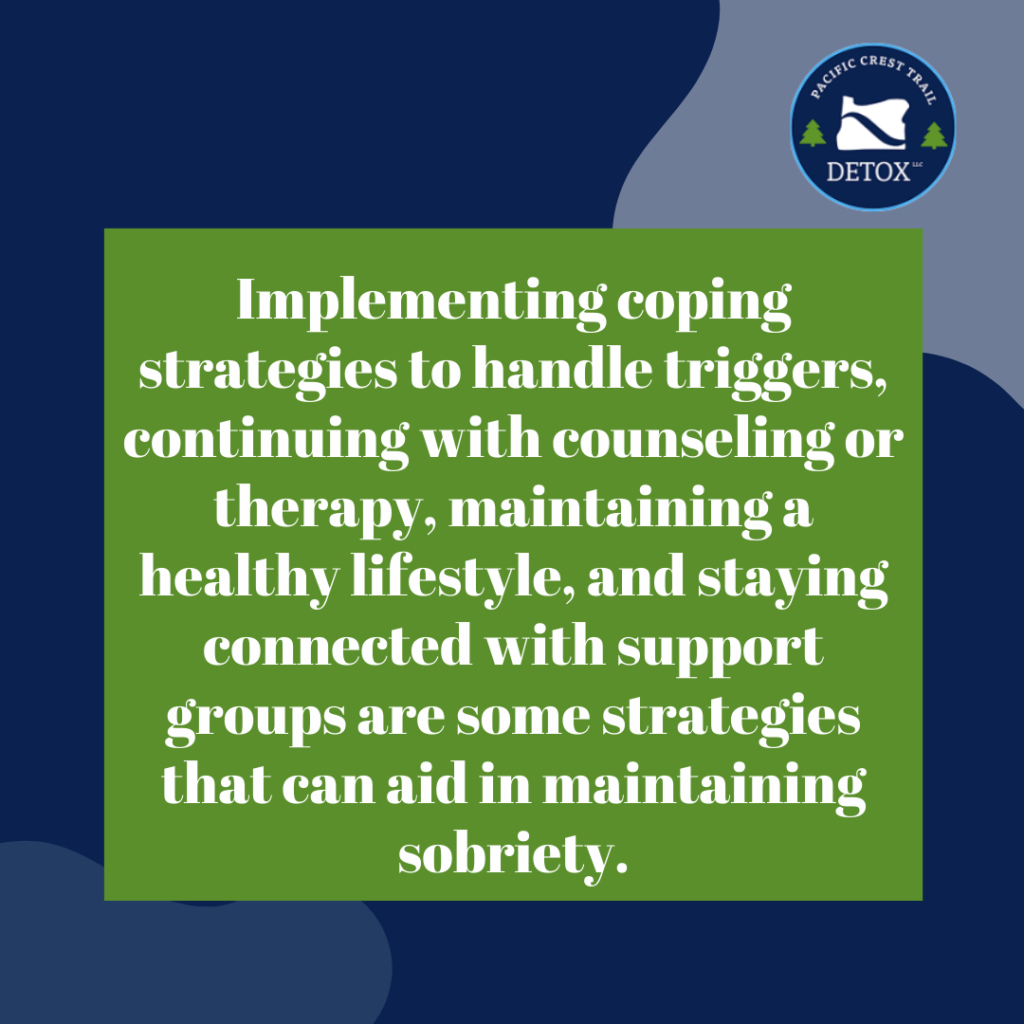So you’ve decided to stop drinking, but how should you go about it? Is going cold turkey on alcohol a safe bet or a risky endeavor? If you’ve been having these questions, you’ve landed on the right page. This blog will navigate you through the maze of quitting alcohol abruptly, providing a comprehensive overview of its safety aspects and potential challenges.

Understanding Alcohol Dependence
Before we plunge into the nitty-gritty of quitting alcohol abruptly, we must understand what alcohol dependence is. This term refers to a compelling urge to consume alcohol, despite knowing its harmful consequences. It often affects one’s physical and mental health, relationships, and social obligations.
Physical and Psychological Dependence on Alcohol
Physical dependence on alcohol is characterized by a high tolerance level and withdrawal symptoms upon cessation. The body adjusts to the continuous presence of alcohol and struggles to function normally without it.
On the other hand, psychological dependence refers to the emotional and mental reliance on alcohol to cope with stress, anxiety, or other feelings. This combination of physical and psychological dependence makes quitting alcohol a lot of work.
Alcohol Withdrawal Syndrome
When someone with alcohol dependence suddenly stops drinking, they are likely to experience alcohol withdrawal symptoms. These symptoms can range from mild discomforts like sweating, nausea, and insomnia to severe complications like seizures and delirium tremens (DTs), a life-threatening condition characterized by confusion and hallucinations. These symptoms can peak within 48 to 72 hours and may persist for weeks.
Potential Risks and Complications
The abrupt discontinuation of alcohol can sometimes result in severe complications. It can lead to seizures and even heart-related issues. Furthermore, withdrawal symptoms can exacerbate underlying health conditions, leading to serious health crises. Therefore, experts don’t recommend the cold turkey approach.
The Risks of Going Cold Turkey
Going cold turkey on alcohol means stopping drinking without gradually reducing the amount or seeking professional help. While it may sound effective and decisive, it carries significant risks.
The body, accustomed to regular alcohol intake, might react negatively when deprived of it suddenly. Moreover, managing severe withdrawal symptoms without medical aid can be dangerously challenging.
Detoxification Methods
So if going cold turkey can be risky, how should one quit drinking? There are safer, medically-approved detoxification methods that one can consider.
Gradual Reduction and Tapering
One of these methods is the gradual reduction or tapering off of alcohol. This means cutting back on the amount you drink slowly and systematically over time so your body can adjust to the decreasing levels of alcohol.
Medical Detoxification
Another approach is medical detoxification, which involves professionally-supervised withdrawal from alcohol. It uses medication to manage withdrawal symptoms, nutritional support, and counseling. This method is typically conducted in a specialized facility like Pacific Crest Trail Detox to ensure a safer and more comfortable withdrawal process.
Supportive Measures for Alcohol Withdrawal
Along with the medical interventions, certain lifestyle changes and supportive measures can help ease the withdrawal symptoms.
Lifestyle Changes
These may include a nutritious diet, regular exercise, adequate sleep, and hydration. These improve physical health and foster mental well-being, which plays a crucial role in the withdrawal process.
Seeking Professional Help and Support Groups
Professional help like counseling or therapy offered by alcohol detox centers can provide emotional support and coping strategies during this challenging journey. Joining support groups can also be beneficial as sharing experiences and learning from others can create a sense of community and solidarity.

Long-Term Recovery and Relapse Prevention
The journey doesn’t end with detoxification. Long-term recovery and relapse prevention are crucial to maintaining sobriety.
Strategies for Maintaining Sobriety
Implementing coping strategies to handle triggers, continuing with counseling or therapy, maintaining a healthy lifestyle, and staying connected with support groups are some strategies that can aid in maintaining sobriety.
Importance of Ongoing Support and Counseling
Ongoing support from professionals, family, or support groups is crucial in the journey to recovery. Continuous counseling can provide essential tools to manage cravings, handle stress, and prevent relapse.

Going cold turkey on alcohol can be risky due to severe withdrawal symptoms and potential complications. However, with professional supervision, appropriate detoxification methods, supportive measures, and a comprehensive relapse prevention plan, you can quit alcohol safely.
Remember that the journey to sobriety is not a sprint but a marathon. Every small step counts.
If you or someone you know is struggling with alcohol dependence, Pacific Crest Trail Detox can help. Our experienced professionals can guide you through a safe and effective detoxification process. Get Help Now!

